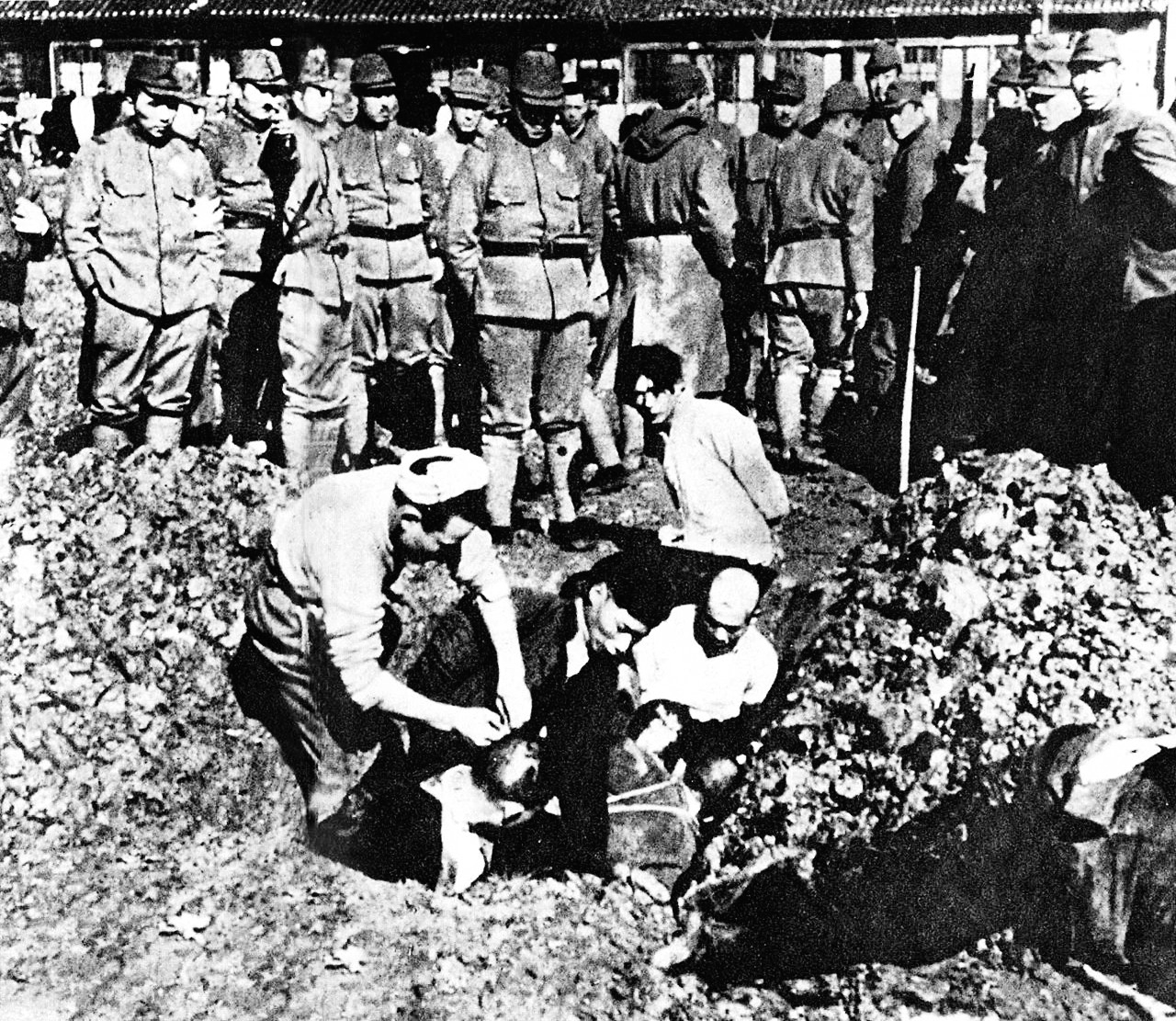innonimatu
the resident Cassandra
- Joined
- Dec 4, 2006
- Messages
- 15,374
Reparatiins weren't set up in the hyperinflating paper mark, but in gold mark.
So this didn't lower the reparations.
True about the international reparations. But the german government did succeed in erasing its own internal debt created to finance the war, during the war years. The governments of the victorious allies, on the other hand, kept trying to repay their own wartime government debts.
Another advantage which Germany had from the hyperinflation stint was getting rid of several terms of the Versailles Treaty by forcing and finally winning a confrontation (the french occupation of the Rhur) with the french. Even they were finally persuaded that Germany couldn't be squeezed for everything it had agreed to at Versailles.
Deliberate or not, post-war hyperinflation turned out to be very advantageous for the Weimar Republic government.

